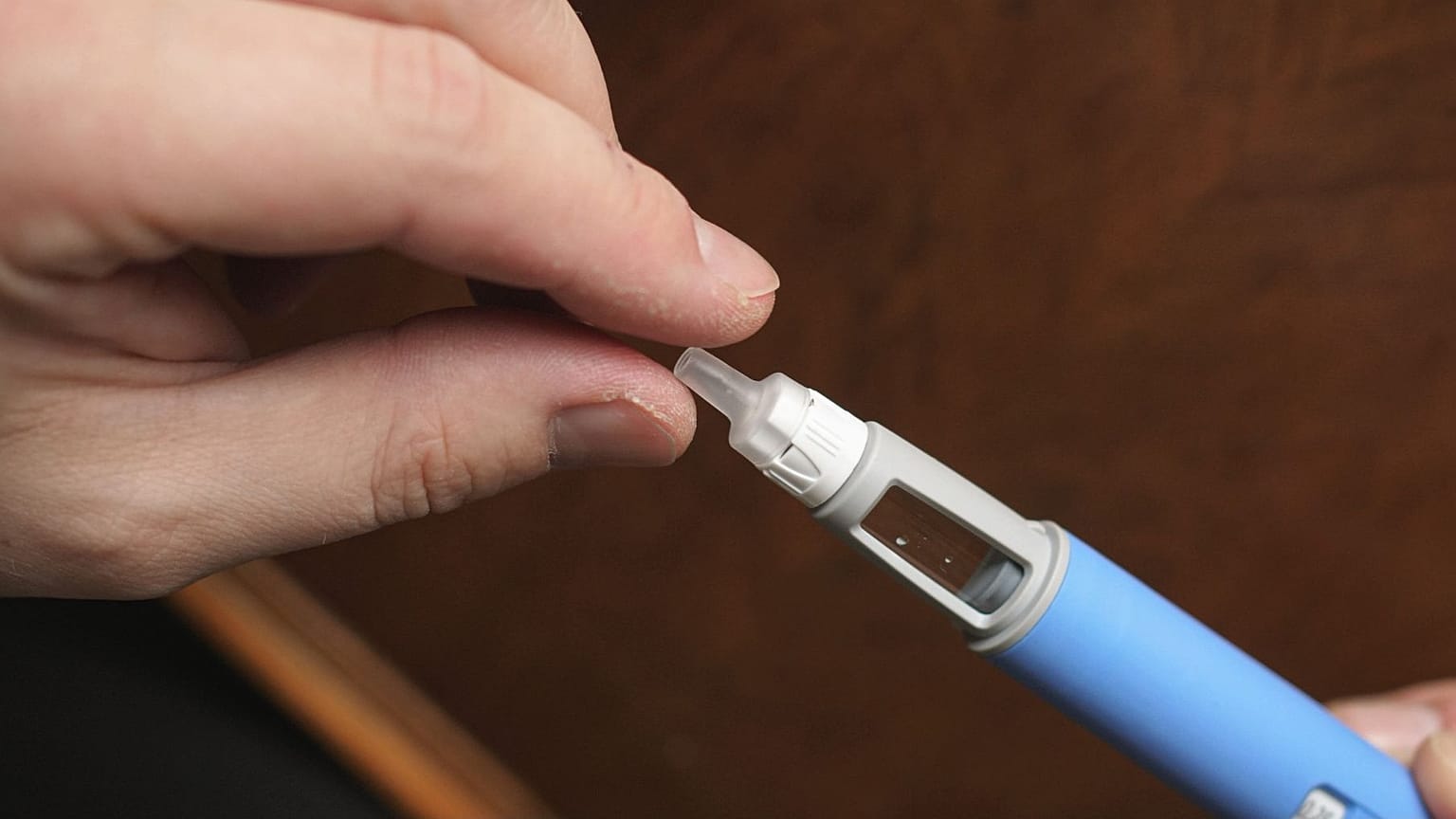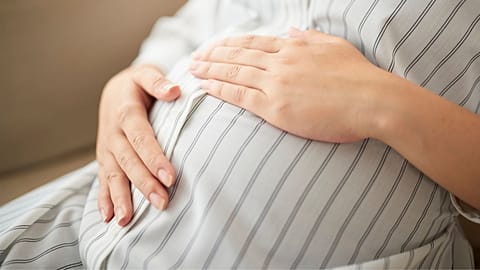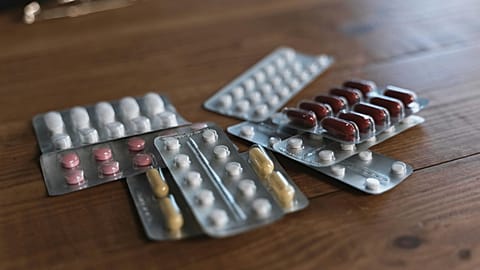The popular drugs worked well to help children and adolescents lose weight and lower their blood sugar levels, a new review found.
Weight loss drugs are effective for children and teenagers, according to new research that comes as their popularity continues to grow.
The study found that blockbuster weight loss drugs known as glucagon-like peptide-1 (GLP-1) receptor agonists significantly improved the health of young people with obesity or type 2 diabetes.
The drugs, which include brand names such as Ozempic, Wegovy, Mounjaro, and Zepbound, help people lose weight by mimicking a hormone that reduces their appetite.
Children’s health groups such as the International Society for Pediatric and Adolescent Diabetes (ISPAD) recommend the drugs for a narrow group of young people with obesity and diabetes.
The analysis, published in the journal JAMA Pediatrics, included data from 18 clinical trials that tested the drugs in about 1,400 people aged 6 to 17.
The medicine led to a significant reduction in blood sugar levels for children with type 2 diabetes and significant weight loss for obese kids compared to young people who had a placebo, or dummy treatment.
There was no significant difference in suicidal ideation or behaviours. Children on the drugs did experience gastrointestinal side effects, which the researchers said warranted further attention. Adults often report issues such as nausea and vomiting.
However, the researchers noted that most trials had relatively short follow-up periods.
“Longer, more inclusive studies based on real-world paediatric populations are needed to guide duration and broader use in youth,” Jiang Bian, one of the study’s authors and a health data scientist at Indiana University in the United States, told Euronews Health.
The trials included in the study were also published between 2012 and 2025, meaning the latest versions of the drugs could have even bigger effects, independent experts said.
Access to weight loss drugs
The findings come amid public debate over the popular weight loss drugs – including who should have access to them, how long people should take them, and when the government should foot the bill.
“There are a significant number of people acquiring private prescriptions and getting this [drug] from wherever, often from slightly dubious sources, and we don't want that for children,” said Dr Julian Hamilton-Shield, a professor of diabetes and metabolic endocrinology at the University of Bristol who was not involved with the study.
Most studies in young people so far have focused on those aged 12 or older, Hamilton-Shield told Euronews Health. That may make some doctors reluctant to prescribe the drugs to younger children.
Studies are now ongoing to test the drugs in children as young as six.
However, Hamilton-Shield believes it is “justified” to offer GLP-1 receptor agonists to children and teenagers who are severely obese and have other health issues – for example, those who suffer from obstructive sleep apnoea that requires them to be ventilated overnight.
“They have a profoundly poor quality of life,” Hamilton-Shield said, adding that children with obesity-related health issues “need to lose a significant amount of weight to improve these complications, and also their sense of self-esteem and wellbeing”.
Hamilton-Shield said these drugs should be offered in specialist clinics where children also have access to mental health support, dieticians, and nurses who can help them improve their lifestyles so that their weight loss is sustained when they eventually go off the medication.
That’s been a challenge for adult patients, many of whom regain the weight they had lost when they stop taking these drugs. That’s prompted debate over whether adults may need to take the medicines for life.
Long-term effects
The drugs could help counter the rising rate of childhood obesity, which has long worried health experts. Globally, nearly one in 10 children are obese, according to UNICEF, the United Nations Children's Fund.
Childhood obesity raises the risk of lifelong health problems, including diabetes, high blood pressure, heart disease, and fatty liver disease. Children with severe obesity also have much shorter life expectancies, previous research has found.
“Perhaps children and adolescents can benefit more because this is an early intervention,” said Dr Mohamad Maghnie of the Giannina Gaslini Institute in Italy and the European Society for Paediatric Endocrinology’s (ESPE) corporate liaison board.
GLP-1 drugs could offer “a window of opportunity to start [improving young people’s health] as early as possible,” Maghnie told Euronews Health, adding that more should be done to prevent childhood obesity as well.
Even so, the researchers said there are still some open questions about the long-term safety of weight-loss drugs for young people, as well as their potential cost burden and the severity of their side effects.
“GLP-1s may serve as a temporary tool to improve weight and metabolic health or as a bridge to other interventions, but we don’t yet know their impact on growth, puberty, bone health, or psychosocial development over many years,” Bian said.


















